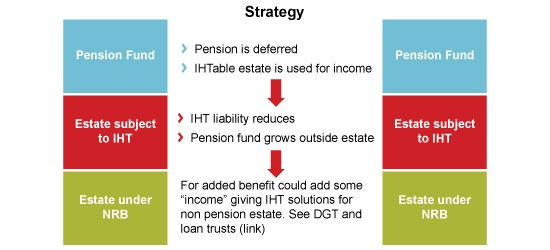Investment and tax Investments Prudential UK
Post on: 31 Июль, 2015 No Comment

Different investments have different tax treatment. Read our brief guide below to find out more about how the tax man treats some investments. If you’d like more detailed information please speak to a financial adviser. There may be a charge for financial advice.
The following is based on our understanding, as at March 2014, of current taxation, legislation and HM Revenue & Customs practice, all of which are subject to change without notice. The impact of taxation (and any tax relief) depends on individual circumstances.
Beat tax on savings
If you or your partner is a non-taxpayer, make sure you are not paying unnecessary tax on bank and savings accounts. Avoid the automatic 20% tax deduction on interest by completing form R85 from your bank or product provider or reclaim it using form R40 from HM Revenue & Customs.
Individual Savings Accounts (ISAs)
You pay no personal income tax or capital gains tax on any growth in an ISA, or when you take your money out. You can save up to £11,880 per person in the 2014/15 tax year in an ISA. From 1 July 2014 ISAs become a simpler product, the ‘New ISA’ (NISA) and all existing ISAs are NISAs. From 1 July the overall annual subscription limit for these accounts is £15,000 for 2014/15. Find out more about ISAs .
If you invest in a stocks and shares ISA, any dividends you receive are paid net, with a 10% tax credit. There is no further tax liability.
Please be aware that the impact of taxation (and any tax reliefs) depends on individual circumstances. Information about tax rules is based upon our current understanding, and is liable to change in the future.
Consider National Savings & Investments
You can shelter money in a tax-efficient way within this government-backed savings institution. For details on Premium Bonds, Index-linked Savings Certificates and Fixed Interest Savings Certificates, go to the National Savings & Investments website.
Unit Trusts and Open Ended Investment Companies (OEICs)
With a Unit Trust or OEIC your money is pooled with other investors’ money and can be invested in a range of sectors and assets such as stocks and shares, bonds or property.
- Dividend income from OEICs and unit trusts invested in shares
If your fund is invested in shares then any dividend income that is paid to you (or accumulated within the fund if it is reinvested) carries a 10% tax credit. If you are a basic rate or non taxpayer, there is no further income tax liability. Higher rate taxpayers have a total liability of 32.5% on dividend income and the tax credit reduces this to 22.5%, while the additional rate taxpayers have a total liability of 37.5% reduced to 32.5% after tax credit is applied.
This is how the tax works for a higher rate taxpayer.
Any interest paid out from fixed interest funds (these are funds that invest for example in corporate bonds and gilts, or cash) is treated differently to income from funds invested in shares.
Income is paid net of 20% tax. So for example if interest of 100 had been generated, you would receive a net payment of 80.














